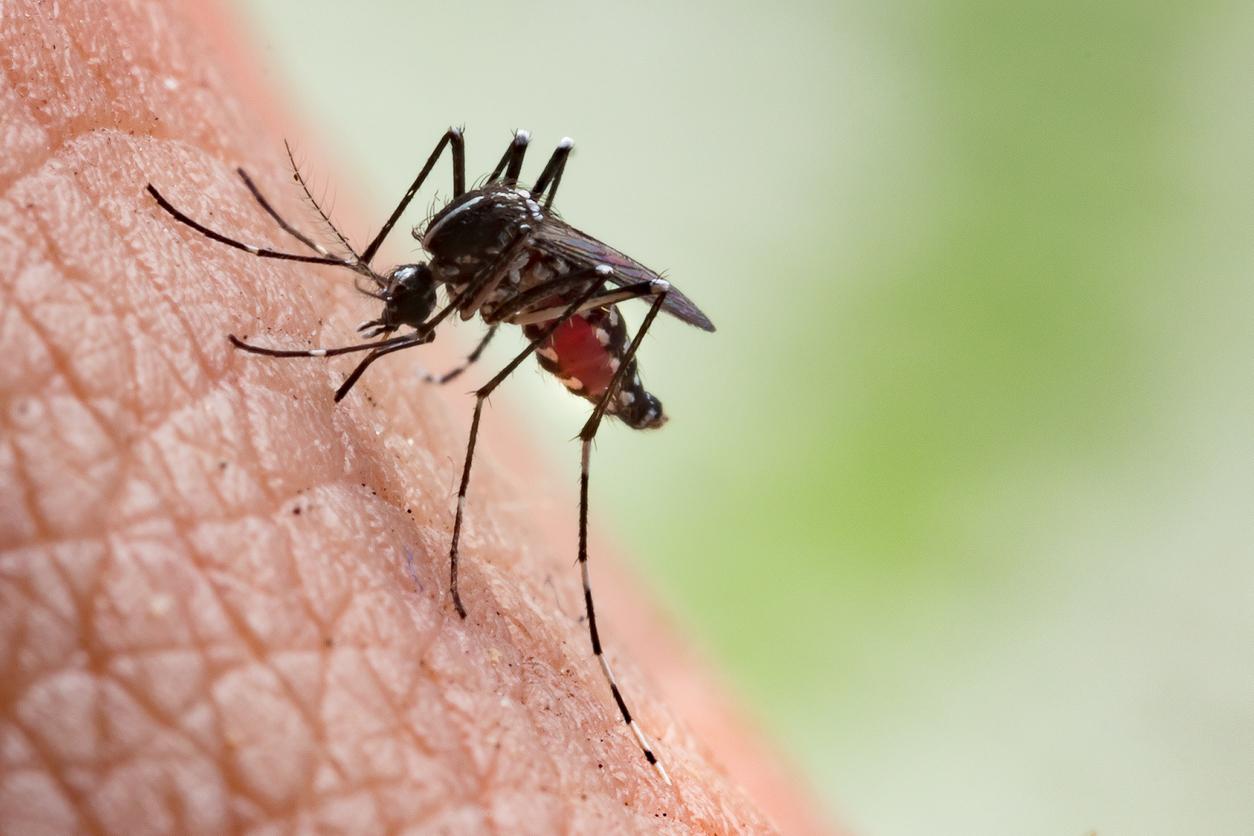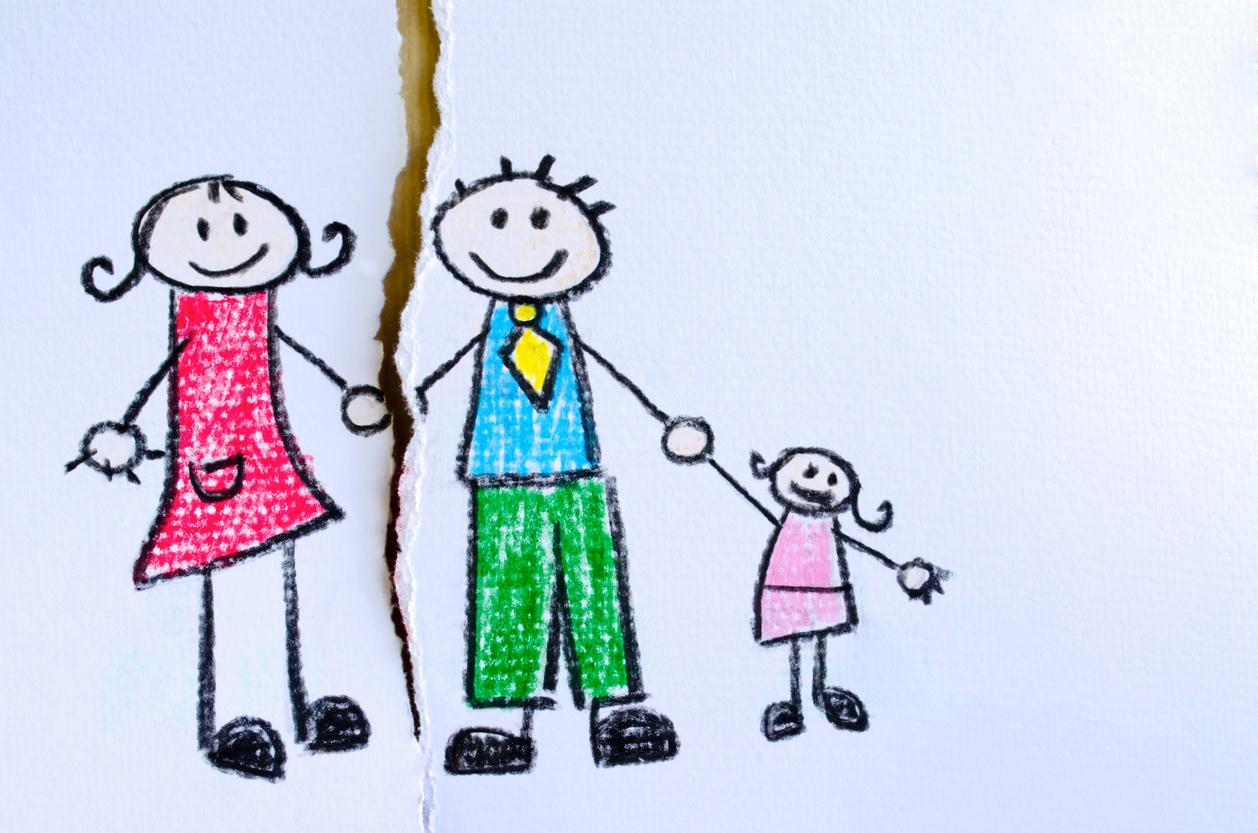Children start eating when they are bored from the age of four, according to a new study carried out at Aston University.

- A new study shows that children as young as four eat 79% more calories when bored compared to a neutral mood.
- Emotional children whose parents use food to soothe them eat five times more calories when bored.
- For researchers, we must try to educate children so that they do not make the link between boredom and food.
It is not uncommon for boredom to fuel our desire to snack… This behavior is known as emotional eating. And, children are starting to suffer from this problem from the age of 4, according to a new study from the University Aston the results of which were published in the journal Food Quality and Preference.
Boredom: Bored children eat 79% of calories in more
By studying children’s diet and their emotions, researchers from the University Aston noticed that from the age of four, children eat 79% more calories when they are bored, compared to their peers who are in a neutral mood. On average, young participants who were bored ate 95 calories against 59 calories for those in a neutral mood state.
For this study, the team collected information on the family’s nutritional habits and children’s temperaments. A satisfying meal was served to the little ones and their parents. Activities were then proposed to induce specific emotions in very young participants, such as boredom. Scientists found that if parents reported using food to soothe their offspring’s emotions and the child was emotional in nature, they ate five times more kilocalories when bored (104 calories) compared to a neutral mood (21 calories).
“If children eat so many extra calories during a case of boredom induced in a laboratory (a period of four minutes) – given that boredom is a commonly felt emotion in children – the potential for excessive caloric intake in response to the boredom of a day, a week or a year, is potentially very significant in a environment abundant in food”warns in a communicated Dr Rebecca Stone who led the work.

Weight : prevent emotional eating to avoid disorders
Although boredom can lead children to food, we should not fight against this emotion. The experience of boredom is important for a child’s development. There Dr. Rebecca Stone suggests first of all teaching little ones not to turn to snacks and treats when they have nothing to do. According to the expert, parents may try to distract their child’s attention from food and “restructuring the food environment at home” to make it less likely that children will think about eating when they don’t know what to do.
“While it’s tempting to use food as a tool to comfort children, research suggests that emotional eating may lead to more emotional eating in the future. It is important that parents and childcare professionals are aware that this short-term solution could create future challenges.”concludes the scientist.
Preventing boredom-related emotional eating from an early age can help instill healthy nutritional habits in children and prevent overweight and eating disorders in the future.

















